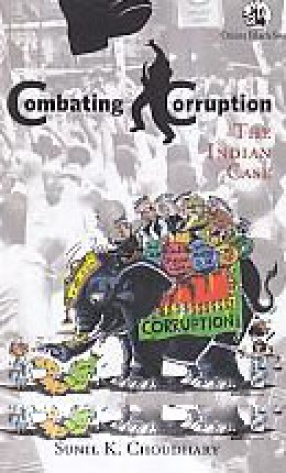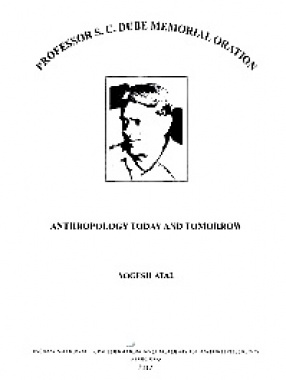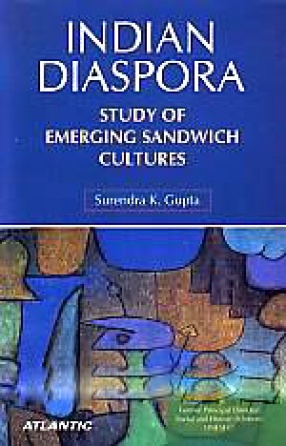This book provides a perspective for viewing the increasing levels of corruption in the higher echelons of politics and bureaucracy in post-Independence India, and the limits of popular struggles and legislative/administrative measures to combat it. Looking at the phenomenon as ‘deviance’ from norms and a systemic dysfunctionality, it argues that it can be resisted by effective strategies of mass mobilization under charismatic leaders.
Focusing on people’s participation, it traces the emergence of anti-corruption movements to the JP Movement of the 1970s and culminates with the protests led by Anna Hazare and Baba Ramdev and the rise of the Arvind Kejriwal-led Aam Aadmi Party.
ABOUT THE AUTHOR Yogesh Atal
Yogesh Atal (b.9 Oct. 1937) has had a long and distinguished career, first and UNESCO's regional Adviser for Social and Human Sciences in Asia and the Pacific, and then as its Principal Director in charge of co-ordination of work related to the World Summit for Social development help in Copenhagen in 1995. He also collaborated with the International Social Science Council in developing its Programme of Comparative research on Poverty (CROP). He is author and editor of numerous books and articles, including, The Changing Frontiers of caste, Local Communities and national Politics, Social Sciences –the Indian Scene, Building a nation, Indian Sociology from where to where, understanding the Social Sphere: The Village and beyond (co-editor), Mandate for Political Transition and the Poverty Question: Search for Solutions.








There are no reviews yet.